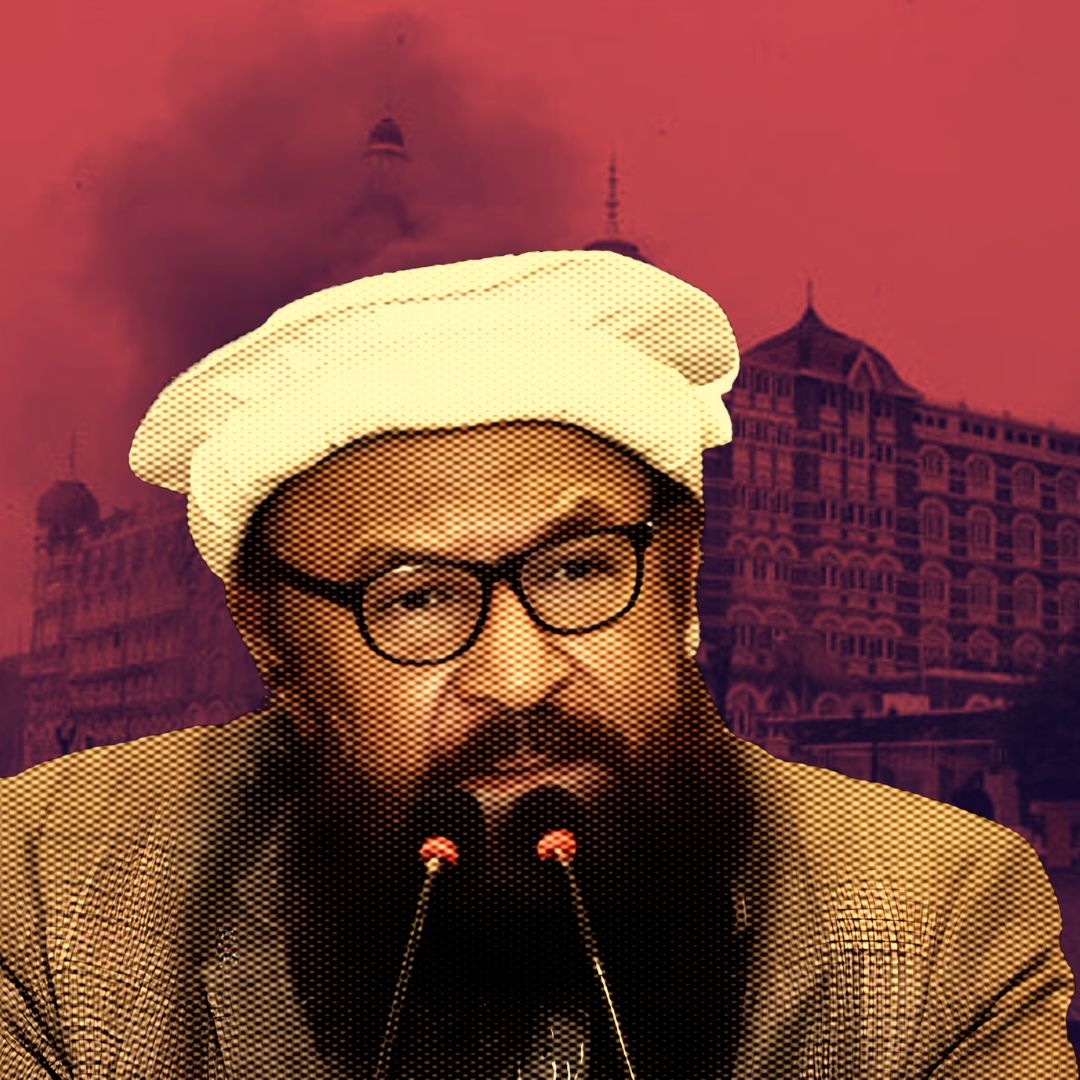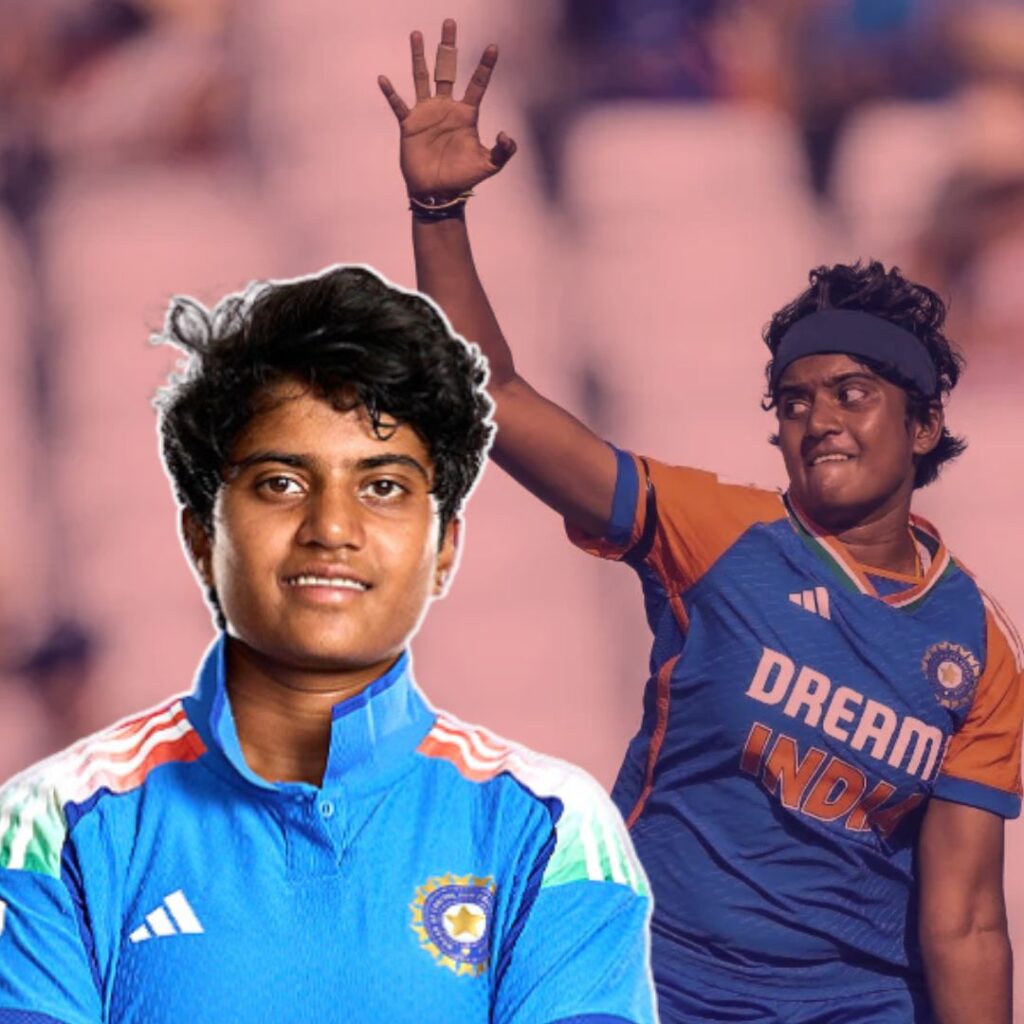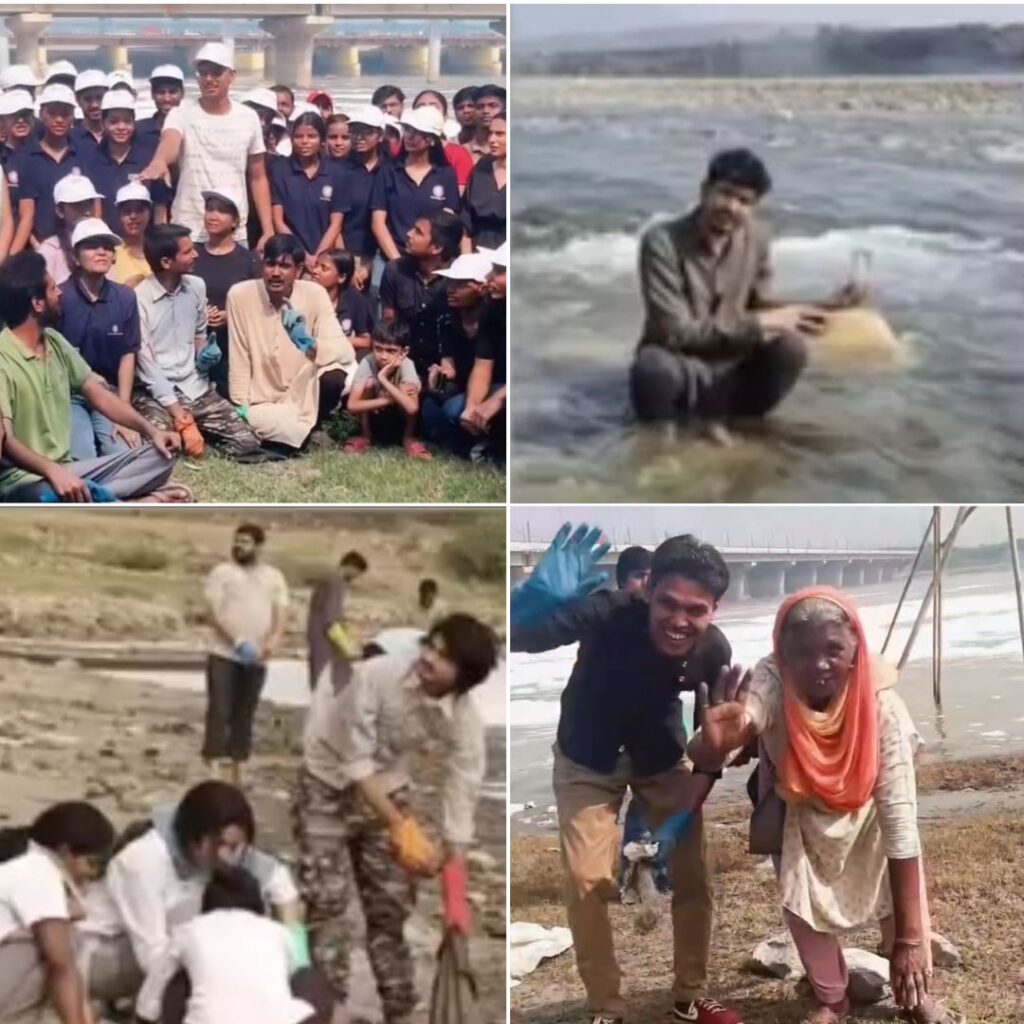Abdul Rehman Makki, a senior commander of the terrorist group Lashkar-e-Taiba (LeT) and deputy chief of Jamaat-ud-Dawa (JuD), passed away from a heart attack on December 27, 2024, in Lahore, Pakistan. He played a pivotal role in orchestrating the 2008 Mumbai attacks, which resulted in 175 fatalities and hundreds of injuries. Designated a global terrorist by the United Nations in January 2023, Makki had a US bounty of $2 million on his head. His death raises significant concerns about the future of terrorism in the region and the ongoing threat posed by extremist networks.
A Notorious Figure in Terrorism
Abdul Rehman Makki was born into a family deeply involved in religious and political activism. He was closely associated with Hafiz Saeed, the founder of Lashkar-e-Taiba, and was known for his influential role within the organisation. As the deputy chief of Jamaat-ud-Dawa, often viewed as a front for LeT’s operations, Makki was instrumental in recruitment, fundraising, and disseminating propaganda to promote jihadist ideologies.
His involvement in terrorism peaked during the planning and execution of the 2008 Mumbai attacks. These coordinated assaults across multiple locations in Mumbai left 175 people dead and over 300 injured, marking one of the deadliest terrorist incidents in India’s history. Following these attacks, Makki became a target for international law enforcement agencies. In January 2023, he was designated as a global terrorist by the UN Security Council, which led to an assets freeze and travel ban.
On December 27, 2024, reports confirmed that Makki suffered a cardiac arrest at his residence in Lahore after battling health issues related to diabetes. Officials from Jamaat-ud-Dawa confirmed his passing, stating that he had been unwell for some time. His death has ignited discussions about its implications for LeT and JuD’s operational capabilities moving forward.
Background: The Rise of Abdul Rehman Makki
Born either in 1948 or 1954, Abdul Rehman Makki became notorious for his vehement anti-India rhetoric and his ability to mobilise support for jihadist causes. His speeches often incited violence against India and promoted extremist ideologies that have led to numerous attacks over the years.
In addition to his role in the Mumbai attacks, Makki was implicated in various other acts of terrorism targeting Indian interests. His connections with high-profile terrorists like Mullah Omar and Ayman al-Zawahiri further highlight his significance within global jihadist networks. Despite being convicted for terror financing in Pakistan in 2020—where he received a six-month sentence—his influence remained largely intact due to political complexities surrounding terrorism prosecutions in Pakistan.
The Global Response to Terrorism
The international community has long viewed Pakistan as a sanctuary for terrorist groups like Lashkar-e-Taiba. The Pakistani government’s inconsistent approach to tackling these organisations has been a point of contention among nations affected by terrorism. While Makki’s death may create a temporary vacuum within LeT’s leadership structure, experts warn that it does not eliminate the threat posed by such groups.
In January 2023, following sustained pressure from India and the United States, the UN Security Council formally designated Makki as a global terrorist. This designation included an assets freeze and travel ban, underscoring the international recognition of his role in perpetuating violence and instability.
The Logical Indian’s Perspective
The passing of Abdul Rehman Makki serves as a stark reminder of the persistent challenges posed by terrorism and radical ideologies that continue to threaten peace and stability in South Asia and beyond. While some may view his death as a potential turning point in combating extremism, it is crucial to recognise that such ideologies do not die with their leaders; they often find new voices to perpetuate their narratives.
At The Logical Indian, we believe that addressing the root causes of extremism requires more than just military or legal action; it demands a concerted effort towards fostering dialogue, understanding, and community engagement. As we reflect on this event, we must ask ourselves: How can we collectively work towards dismantling extremist ideologies while promoting harmony and coexistence within our communities?












